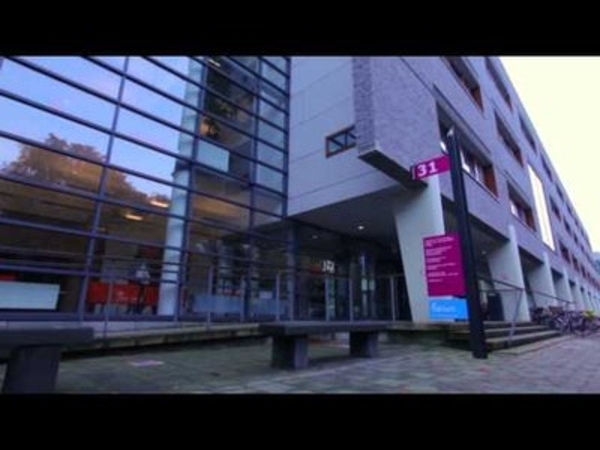Price:
597 EUR
Contact
Delft University of Technology
Description
There is no doubt that technological innovation is one of the key elements driving human progress.
However, new technologies also raise ethical questions, have serious implications for society and the environment and pose new risks, often unknown and unknowable before the new technologies reach maturity. They may even lead to radical disruptions. Just think about robots, self-driving vehicles, medical engineering and the Internet of Things.
They are strongly dependent on social acceptance and cannot escape public debates of regulation and ethics. If we want to innovate, we have to do that responsibly. We need to reflect on –and include- our societal values in this process. This course will give you a framework to do so.
The first part of the course focuses on ethical questions/framework and concerns with respect to new technologies.
The second part deals with (unknown) risks and safety of new technologies including a number of qualitative and quantitative risk assessment methods.
The last part of the course is about the new, value driven, design process which take into account our societal concerns and conflicting values.
Case studies (ethical concerns, risks) for reflection and discussions during the course include – among others- the coronavirus, nanotechnology, self-driving vehicles, robots, AI, big data & health, nuclear energy and CO2 capture and coolants. Affordable (frugal) innovations for low-income groups and emerging markets are also covered in the course. You can test and discuss your viewpoint.
The course is for all engineering students who are looking for a methodical approach to judge responsible innovations from a broader – societal- perspective.
Specific details
Category of Education
Arts and Humanities







 How to resolve AdBlock issue?
How to resolve AdBlock issue? 


Comments (0)